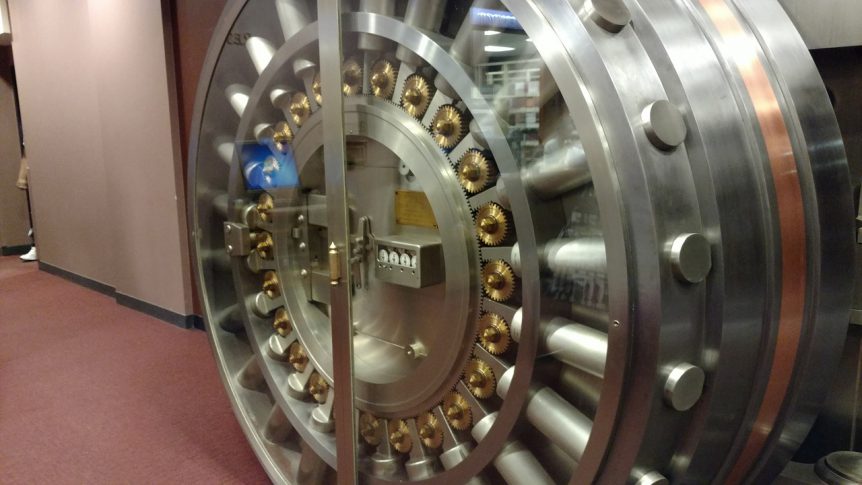The simplest way to protect yourself from cryptojacking is to install a cryptojacking blocker.
Installing a cryptojacking blocker means adding a browser extension that blocks a list of domains associated with cryptojacking code.
NoCoin cryptojacking blocker
NoCoin is currently the most widely installed extension. Rafael Keramidas, the extension author, created extensions for both Chrome (over 225K installations) and Firefox (close to 20K installations).
NoCoin seems to have one of the most comprehensive blacklists with at least 5 known contributors.
Maybe one day the capability to block cryptojacking will be built into the browser.
If this interests you, make sure to checkout this thread from the folks at Chromium: 766068 - Please consider intervention for high cpu usage js.
Will you notice if a web page is cryptojacking?
It depends.
If the mining is being throttled to stay below a certain threshold, you may not notice any performance degradation.
If the mining is not being throttled, you will likely notice some impact on performance.
After Jascha's email, I navigated to the article and noticed my laptop fan whirring loudly.
My laptop fan starts whirring whenever the CPU usage jumps up from my normal CPU usage, so I was definitely suspicious.
What devices are affected?
In-browser cryptojacking can happen to any computing device that can run JavaScript. This means your desktop, laptop and even mobile device could be potential targets for in-browser cryptomining.
Is it dangerous?
Once again, it depends.
If you're on a desktop or laptop with lots of processor speed and memory, you might not even notice in-browser cryptojacking.
On the other hand, cryptojacking on a mobile device like a phone or tablet could be a significant drain on your battery.
What sites do cryptojacking?
Although some of these sites have removed the cryptojacking code, here are a few sites that were reported for cryptojacking:

